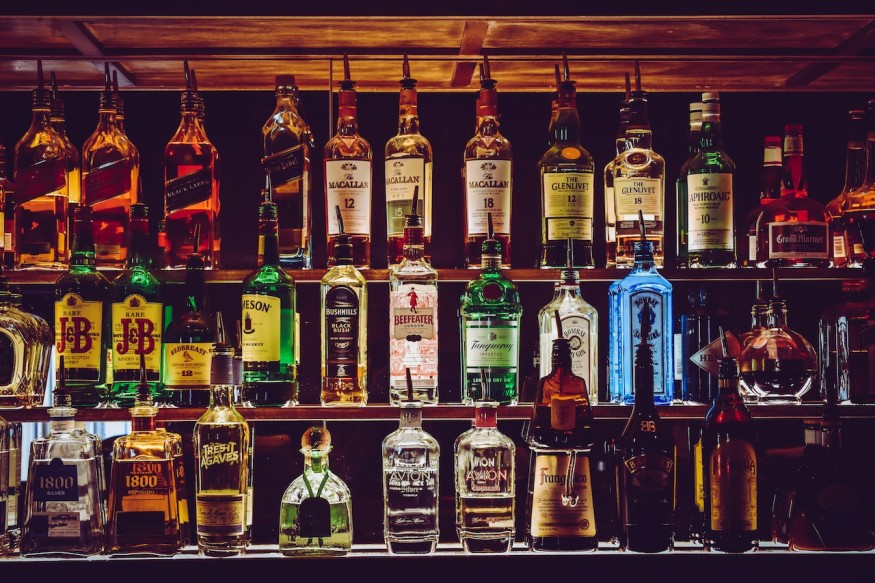
It may be preferred for some to drink a glass of wine during the holidays or have a cold beer by the beach. However, if one is taking certain medications while taking alcoholic drinks, the body may be affected in numerous ways. Science Alert notes how drinking alcohol while taking up certain medications may not be a good idea.
Very Well Mind also notes the risk for enhancing medication reactions that are adverse. Under certain circumstances, one may even be at risk for an overdose that can be life-threatening.
The University of Michigan notes that it can be of help to oneself, one's friends and one's community to know the dangers that come with ingesting alcohol when taking medications.
Why It Is Important To Think Twice About Alcohol When Under Medications
When one takes medicines, these meds travel toward the stomach. From there on, the body regularly transports it to the liver. There, the drug undergoes metabolism and gets broken down further before entering the blood.
If alcohol is ingested, the fluid also gets broken down into the river. This may, in turn, impact the drug quantity that gets metabolized.
At times, certain meds may have more metabolism. This means that the amount that enters the bloodstream may not be sufficient. Other medicines may also get metabolized less, which leads to a higher-than-intended dosage that could result in an overdose.
On top of this, alcohol effects may also be similar to that of medicine. Drowsiness is an example of this.
There are many factors that affect whether an interaction will take place and what kind of interaction will occur. Such factors cover the medications, the dosage, alcohol intake quantity, and other personal data such as sex, genes, age, and general health.
Science Alert notes how women, those with live conditions, and older individuals have higher likelihoods of experiencing alcohol interactions.
Meds That Don't Go Well With Alcohol
Whether they are OTC or prescribed medicines, several of these have significant interactions with alcohol. Here are some of them.
When one takes CNS-depressant medicines to decrease stimulation and arousal and also drinks alcohol. additive impacts may be seen. If the two get combined, it may make the person feel drowsy and have slower heart and breathing rates. In other cases, it may even lead to coma or death. Science Alert notes that the likelihood of such effects is higher when one takes more than one of these meds.
There are other medicines that have enhanced effects when coupled with alcohol. The sleeping pill Zolpidem is one of them. This specific medication is advised to not be ingested alongside alcohol. Unusual but severe results include strange sleeping behavior, including sleep-driving, sleep-walking, or sleep-eating.
Other medicines, on the other hand, simply interact with certain alcohol types. Antidepressants, linezolid antibiotics, and anticancer medication procarbazine are some of these. These inhibitors of monoamine oxidase only have interactions with particular beers, such as those that have sediments and Europea, African, Korean, and Belgian varieties. Such alcohols are full with high tyramine levels that is naturally not detrimental. However, inhibitors of monoamine oxidase stop the body from breaking down the tyramine, which boosts levels within the body and potentially heightened blood pressure to unsafe levels.
There are also other medicines that affect how the body breaks the alcohol down. At times, it may lead to nausea, being flushed in the neck and face, dizziness, faster heartbeat, or plummeted blood pressure. Such may occur even after one stops treatment and then drinks alcohol/ For example, if one takes metronidazole, it is important to avoid alcohol while taking the medicine and for over 24 hours after stopping.
Check out more news and information on Medicine and Health in Science Times.












